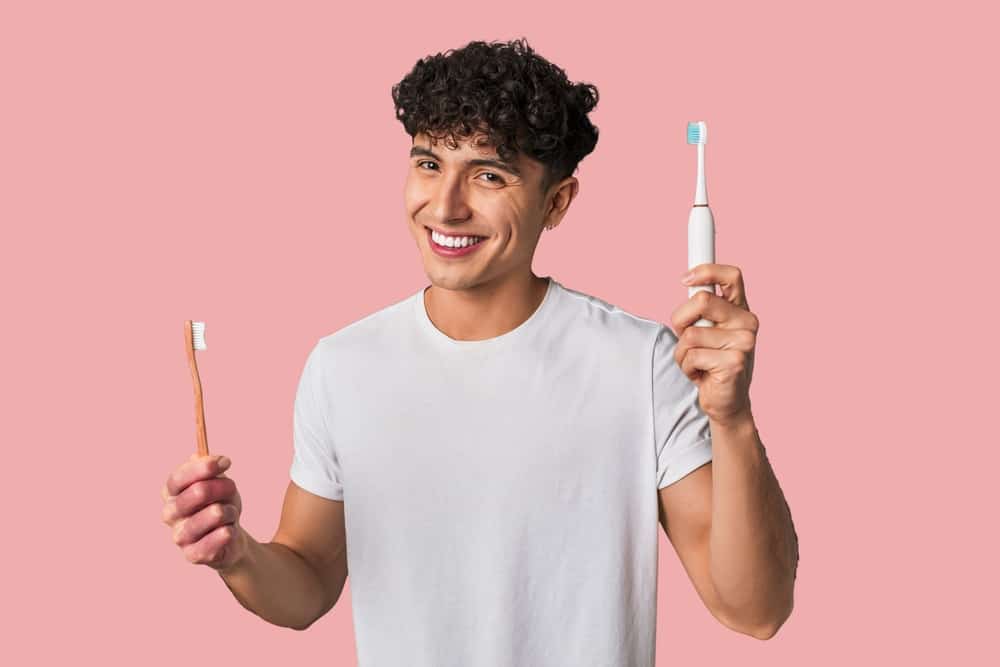The age-old debate between electric and manual toothbrushes continues to spark curiosity among dental enthusiasts. While both options are readily available, the question remains: Is an electric toothbrush truly superior, or can a trusty manual toothbrush get the job done just as effectively? In this article, we’ll explore the merits of both toothbrush types, examine research that sheds light on their advantages, debunk common misconceptions, and offer guidance on choosing the right toothbrush for your unique oral hygiene needs.
Electric vs. Manual: A Comparative Analysis
Before we delve into the electric toothbrush’s benefits, let’s consider how it stacks up against the trusty manual toothbrush:
Effectiveness: Numerous studies have shown that electric toothbrushes can be more effective in removing plaque and reducing gum inflammation compared to manual toothbrushes. The oscillating or rotating brush heads can reach areas that may be challenging to access with a manual toothbrush.
Convenience: Electric toothbrushes are lauded for their convenience. Many models feature built-in timers to ensure you brush for the recommended two minutes, and some even have pressure sensors to prevent aggressive brushing.
Consistency: Electric toothbrushes maintain a consistent brushing pattern, helping you achieve a thorough clean every time. Manual brushing technique may vary from person to person.
Motivation: For some, the novelty and technology of electric toothbrushes can motivate better oral hygiene habits, especially among children and individuals with specific dental conditions.
Benefits of Electric Toothbrushes:
Electric toothbrushes offer a range of benefits that make them an attractive choice for many:
Efficient Plaque Removal: The rapid bristle movement of electric toothbrushes can dislodge plaque more effectively, reducing the risk of cavities and gum disease.
Gentle on Gums: Many electric toothbrushes come with pressure sensors to prevent excessive force, protecting your gums from overbrushing.
Built-In Timers: The timers help ensure that you brush for the recommended duration, promoting thorough cleaning.
Variety of Brush Heads: Electric toothbrushes often offer a selection of brush head types to suit different needs, such as sensitive teeth, braces, or whitening.
Choosing the Right Toothbrush:
The choice between electric and manual toothbrushes ultimately comes down to personal preference. While electric toothbrushes offer undeniable benefits, a manual toothbrush used with proper technique can also provide excellent oral hygiene.
Consider factors like cost, travel convenience, and your comfort level with the brush. If you have specific dental needs, consult with your dentist for personalized recommendations.
Conclusion:
Electric toothbrushes undeniably offer several advantages in terms of effectiveness and convenience. However, the decision between electric and manual toothbrushes is a matter of personal preference. Whichever you choose, remember that consistent, thorough brushing, along with regular dental check-ups, is key to maintaining optimal oral health. Ultimately, the best toothbrush is the one you’ll use diligently to keep your smile bright and healthy.


